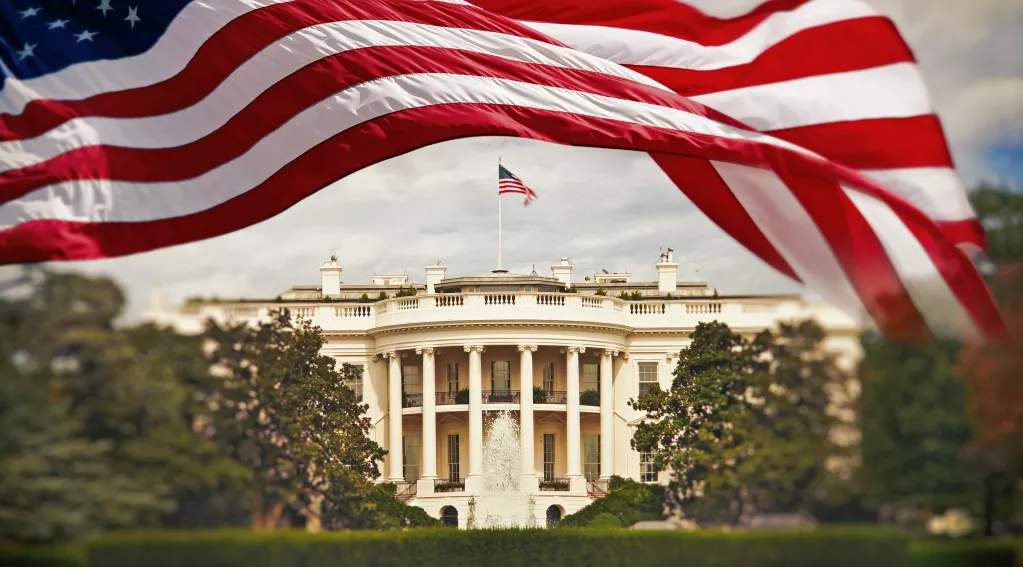Surprise Win in Ninth Circuit: Feds Can “Prioritize” Money Away From Sanctuary Jurisdictions

By David Jaroslav | July 2019
The Trump Administration recently won a surprising victory in its efforts to enforce our nation’s immigration laws. On July 12, a three-judge panel of the United States Court of Appeals for the Ninth Circuit upheld the ability of the Department of Justice (DOJ) to prioritize federal grants to local governments that cooperate with immigration enforcement, rather than to sanctuary jurisdictions that try to undermine it.
Starting in 2017, the DOJ assigned bonus points to applicant state and local governments that focused on illegal immigration and that signed a “Certification of Illegal Immigration Cooperation” to determine who should receive Community Oriented Policing Services (COPS) grants—and how much they should receive.
The signed certification required an applicant to promise to allow access by immigration personnel to suspected illegal aliens in the applicant’s custody. The applicant also promised to notify immigration authorities when suspected illegal aliens were scheduled for release.
Since the sanctuary city of Los Angeles did not agree to focus on illegal immigration or to sign the certification, it did not score high enough to be awarded COPS grant funding. Upon receiving the news that it did not receive COPS funding, the city sued the DOJ, claiming it was both unconstitutional and a violation of the Administrative Procedure Act (APA) to be denied funding for not assisting federal immigration law enforcement.
On April 12, 2018, federal district (trial) judge Manuel Real agreed with the city of Los Angeles and ruled that the Attorney General’s decision was unlawful. He ordered DOJ to pay out COPS grant funds without considering any city’s refusal to cooperate with immigration law enforcement, essentially requiring federal taxpayers to subsidize reckless local-sanctuary policies that directly conflict with and undermine the enforcement of federal law.
Calling the trial court’s ruling “overbroad and inconsistent with the rule of law,” the DOJ appealed. The three-judge panel of the Ninth Circuit reversed Judge Real’s order. The panel’s 2-1 majority held:
- The DOJ’s system of bonus points for making grant awards did not unconstitutionally override or conflict with Congress’s Spending Power;
- The point system encouraged but did not coerce policy choices by grant applicants, and therefore did not unconstitutionally violate the Tenth Amendment; and
- The DOJ was not “arbitrary or capricious” in violation of the APA in applying its point system: it had evidence from which it could reasonably conclude that there was a connection between illegal immigration and crime.
As a general principle, the courts have held that the federal government can condition the receipt of federal funds, i.e., attach “strings” to them, as long as those strings are voluntary and not “coercive.” The Supreme Court of the United States most clearly articulated this in the 1987 case of South Dakota v. Dole, where it upheld tying federal highway funds to raising a state’s drinking age to 21.
However, with respect to tying federal funding to immigration enforcement, many jurisdictions have sued in the recent past, arguing for one reason or another that the Dole case did not apply, hoping courts somewhere might agree, and setting up the possibility that the Supreme Court may ultimately have to decide these issues.
The White House said “[t]his ruling upholds the right of the Department of Justice to ensure discretionary grants under its control are not being used to subsidize these jurisdictions’ open assault on law-abiding Americans and their loved ones[.]”
Los Angeles City Attorney Mike Feuer (D) said the city would “look at every option, including an appeal to a larger panel of the 9th Circuit,” known as an “en banc review.” An 11-judge en banc panel could reverse the three-judge panel. The city has 14 days to apply for en banc review (a deadline of July 26) and 90 days to ask the Supreme Court to hear the case (by October 10). Even if the city does decide to appeal, both higher courts will still have the discretion to refuse to hear the city’s appeal on the merits.
